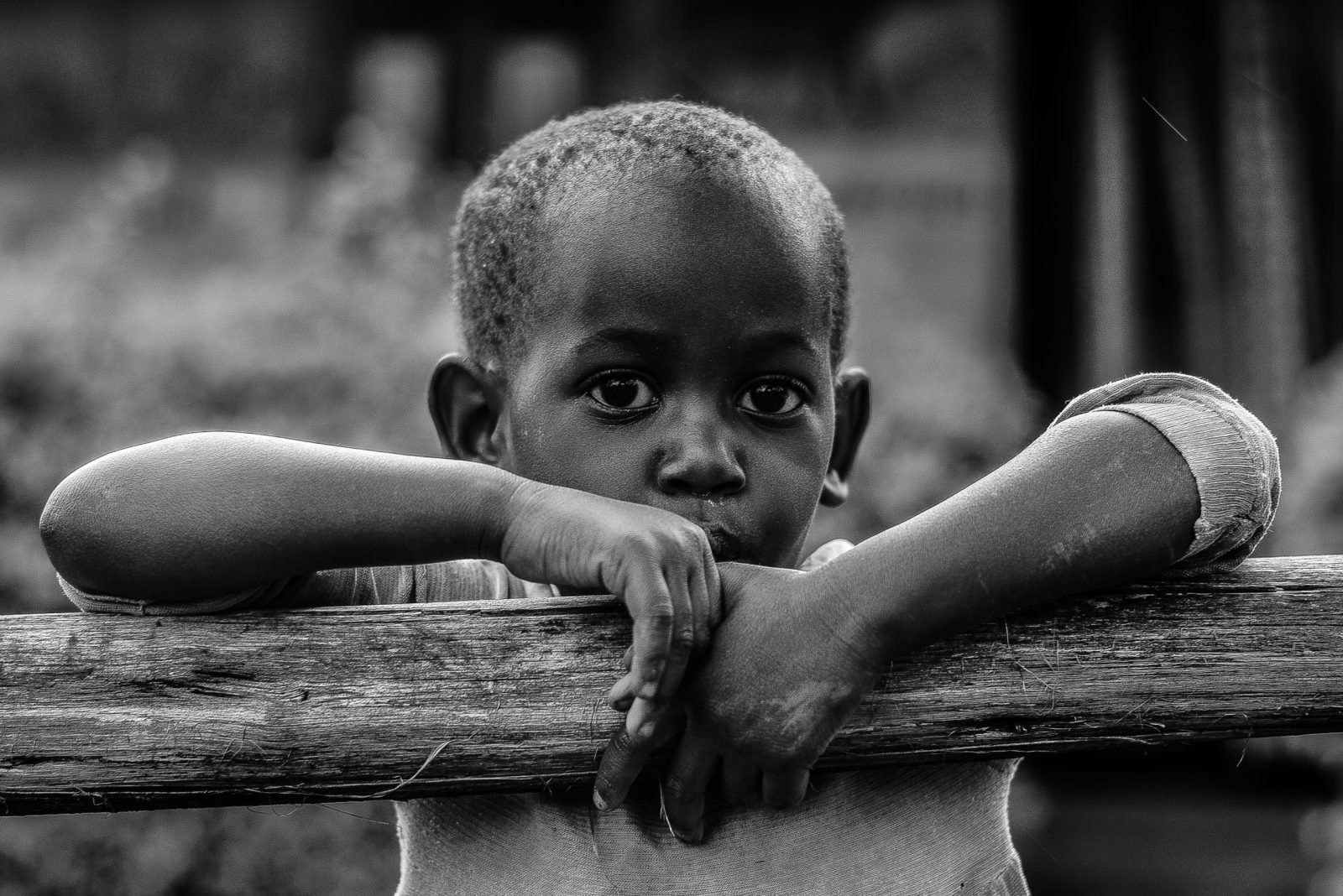The healthcare system in Somalia is currently facing significant challenges, including:
- Lack of trained healthcare professionals
- Limited access to primary and preventive care
- Inadequate maternal and child health programs
- Ongoing conflict and poverty in the country
According to a report by the World Health Organization (WHO), only 30% of the population has access to basic health services and the maternal mortality rate is one of the highest in the world. The report also highlights the lack of trained healthcare professionals and inadequate infrastructure as major challenges facing the healthcare system in Somalia.
To address these challenges, the United Nations (UN) has proposed several solutions:
- Training healthcare professionals:
- Government-funded training programs
- Partnerships with international organizations and medical schools
- UNICEF’s program to train and equip community health workers in Somalia
- WHO’s national training program for healthcare professionals
- Focusing on primary and preventive care:
- National immunization program to improve vaccination coverage and reduce the incidence of preventable diseases
- Improving efficiency and cost-effectiveness of healthcare system
- Maternal and child health programs:
- Prenatal care
- Maternal health education
- Child health services such as vaccination and nutrition programs
- Telemedicine:
- Improve access to healthcare in remote and underserved areas
- Bridge the gap between urban and rural healthcare
- UN’s support for telemedicine implementation in Somalia through partnerships with international organizations and local NGOs
In conclusion, the healthcare system in Somalia is in critical need of reform and improvement. The UN, in partnership with the Somali government, must take immediate action to implement these solutions and ensure that the Somali people have access to the healthcare they need and deserve.

